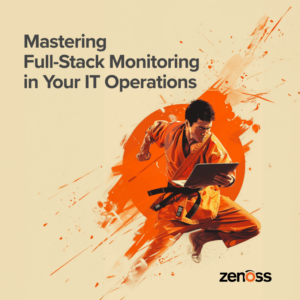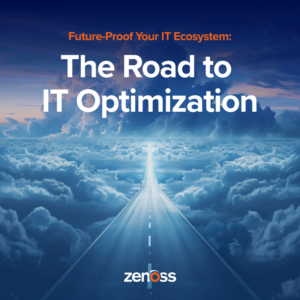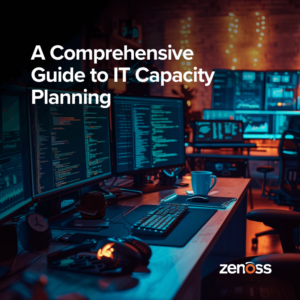I hate to be breaker of bad news, but the reality is that cloud computing is more than an abstract concept.
Just because you moved to the cloud doesn't mean that all those messy servers, networking devices, storage, environmental controls, etc have all been decommissioned. Wether you are building an internal cloud (which from our recent survey is a lot of you) or using external services, you are still dependent on physical infrastructure. And this physical infrastructure is being asked to do a lot more than every before.
David Linthicum captured this point in his recent article, Face the facts: Cloud performance isn't always stable. David writes,
As a result, cloud services tend to have performance profiles that are variable in nature, depending on what goes on in that cloud at any particular moment. When I log performance on cloud-based processes -- some that are I/O intensive, some that are not -- I get results that vary randomly throughout the day. In fact, they appear to have the pattern of a very jittery process. Clearly, the program or system is struggling to obtain virtual resources that, in turn, struggle to obtain physical resources. Also, I suspect this "jitter" is not at all random, but based on the number of other processes or users sharing the same resources at that time.
So, here's the question, when your business services that are deployed in the cloud run into an issue that decreases performance, are you going to be able to find the issue and fix it? Can you do this before it impacts end users?
It is going to be mighty tough to sell the benefits of the cloud to your business users if your response to an inconsistent performance is to point fingers and not solve problems.







